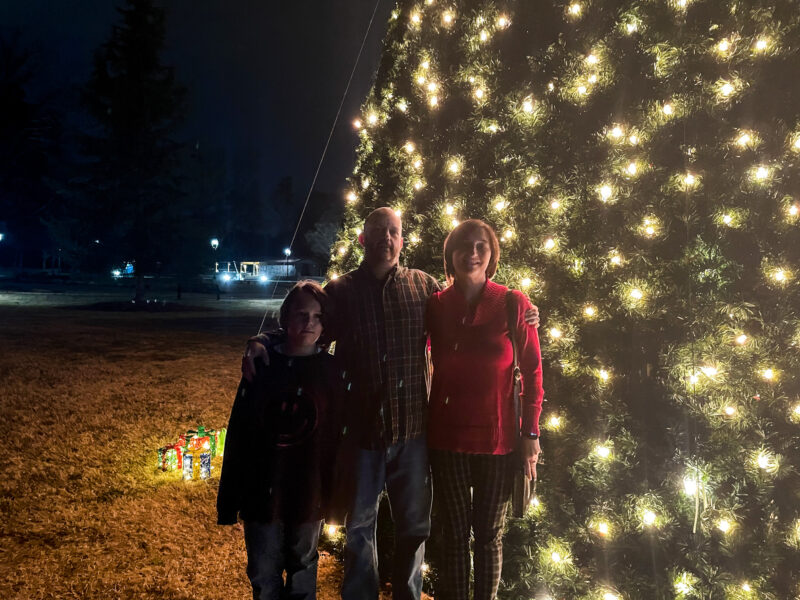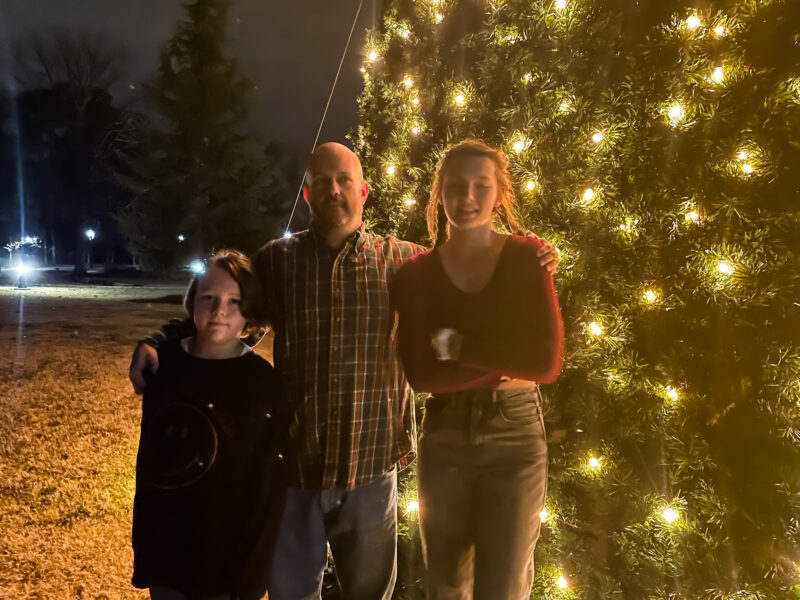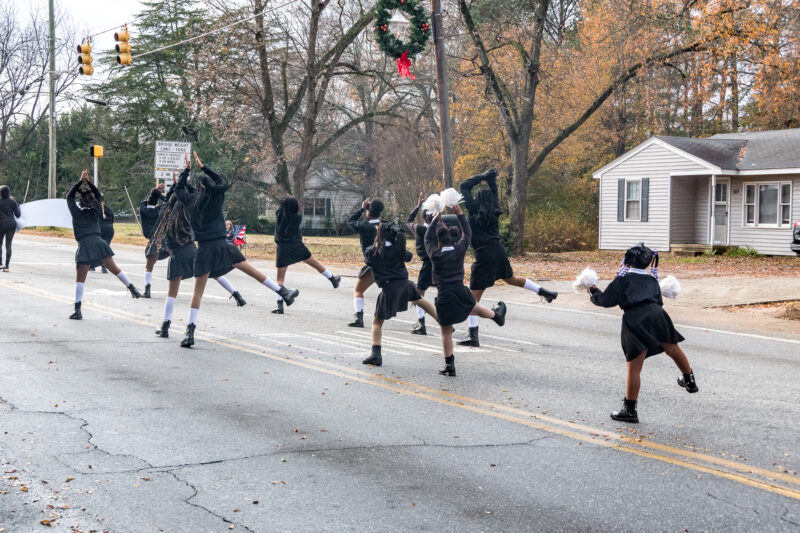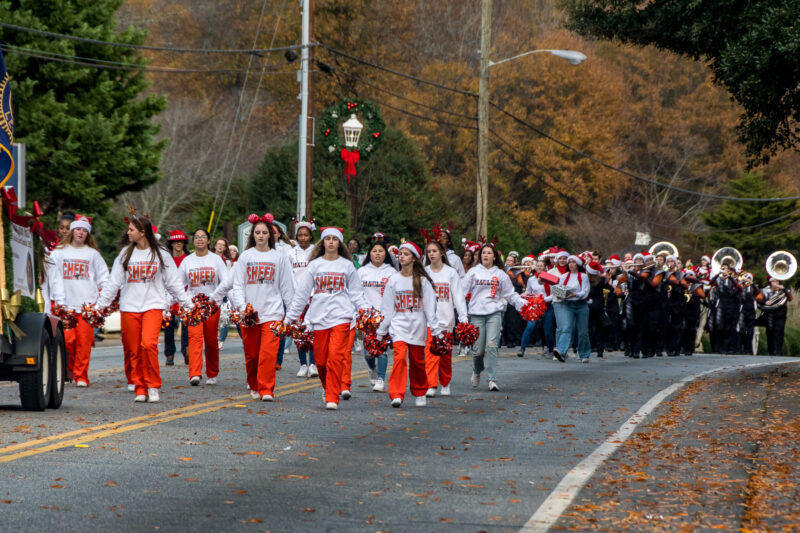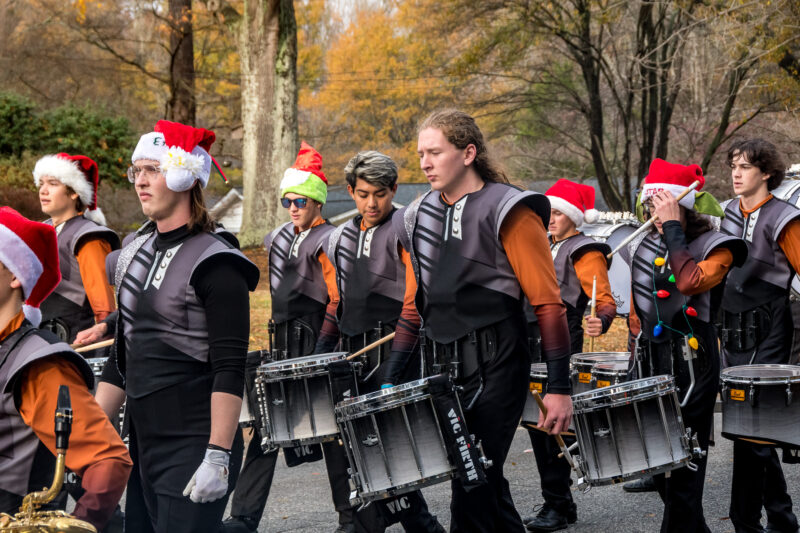I’m reading Dwight Longenecker’s Mystery of the Magi: The Quest to Identify the Three Wise Men. Longenecker is the pastor of the Catholic church we used to attend here in Greenville, so it’s one of those rare experiences of reading a book whose author you know personally.
Naturally, as a skeptic, I picked up the book with a healthy dose of doubt: I don’t buy the majority of the most basic gospel stories; a fanciful tale of wise men coming from afar, guided by a star, while not as crazy as the idea of a virgin birth, a talking snake, or an apple curse the dooms all humans, is a pretty tough story to sell as historical fact. That is, however, exactly what Longenecker is attempting in the book.
Early in the book, Longenecker begins explaining how so much of the Magi story we’ve come to associate with Christmas is not in the Gospel of Matthew (the only place the Magi appear). At its simplest core, the story is about some wise men who, guided by a star, come to see Jesus at some point after his birth. The camels and the arrival with the shepherds and all the other stuff — that was tacked on later.
Longenecker explains,
Like all good stories, [the Magi story] spread, and as it spread, the simple became embellished, exaggerated, and exploited.
By the Middle Ages the elaborate versions of the Magi story were accepted as historical.
Mystery of the Magi, 24
That sounds awfully similar to skeptics’ view about the development of the New Testament, in particular the stories of the gospels. When you look at the gospels from oldest to news (Mark, Matthew, Luke, John), you see a sort of increasing sense of the supernatural. The stories get more far-fetched. The sayings of Jesus become more philosophical and “deeper.” The miracles increase. In fact, in Mark’s gospel, there isn’t even a post-resurrection appearance: the women go to the tomb, find it empty, and leave afraid. What comes after appears only in later versions of the gospel.
If I were to suggest this to Longenecker, though, I have a feeling he would have a way to explain it away. I doubt I’d be convinced, just as I wasn’t convinced with Hard Sayings. Horn and Longenecker even use a similar rhetorical technique:
- make a claim that is reasonable but is only an assertion based on logic;
- explain how it is logical;
- refer back to it later as established fact.















